RESEARCH THEMES
RESEARCH Streams
SHORTCUTS
Want to know more about our research? Click here!
INTERDISCIPLINARY COURSES
Stockholm Resilience Centre offers interdisciplinary courses on first (Undergraduate), second (Master's) and third (PhD) levels of University education. Want to know more about our courses? Click here!
POLICY and Practice
Our engagement in science-policy-practice activities has increased steadily over the years and range from high-level UN dialogues to local resilience assessments. Want to know more about our policy work? Click here!
Swedbio on the role of biodiversity for ecosystems
The Swedish international biodiversity programme present the role of biodiversity for ecosystem goods and services and its importance to local livelihoods in developing countries.
- Plant genetic resouces (Neth Dano, South-East Asia)
- Sustainable agriculture (Maria-José Guazelli, South America)
- Marine resources (David Obura, East Africa)
Sustainable use and conservation of the world´s biological diversity is crucial for achieving many of the Millennium Development Goals: to halve severe poverty and improve human health, food production and water supply.
Hence, conserving biodiversity is not only a matter of protecting species in remote nature reserves. It is about safeguarding natural systems that regulate climate, form soils, pollinate crops, cleanse air, filter water and provide food, medicines and raw materials for countless other goods.
In this way wild and domesticated biodiversity is intimately linked to fundamental aspects of development, such as poverty, food security, livelihoods, equity, health, and trade. As biodiversity is of special importance to many poor households, their possibilities to share the benefits arising from a sustainable management of biodiversity must be strenghtened in the future.
About the scholars
Neth Dano is Executive Director of SEARICE, the Southeast Asian Regional Institute for Community Education. SEARICE focuses on community-based conservation, intellectual property rights and access to genetic resources.
Maria-José Guazelli is an agronomist and a key person in the development of ecological agriculture and community development in the state of Rio Grande do Sul, Brazil. She is one of the coordinators of Ipê Ecological Center and a Board member of the ETC Group.
David Obura is a coral reef researcher working in East Africa within CORDIO, Coral Reef Degradation in the Indian Ocean, a program created to respond to the ecological degradation of coral reefs and its socio-economic consequences.
Time and place
Time: 13:00-15:30 Tuesday 9 December 2003
Place: Linné Hall, the Royal Swedish Academy of Sciences Lilla Frescativägen 4, Stockholm

Stockholm Resilience Centre
Stockholm University, Kräftriket 2B
SE-10691
Phone: +46 8 674 70 70
info@stockholmresilience.su.se
Organisation number: 202100-3062
VAT No: SE202100306201



